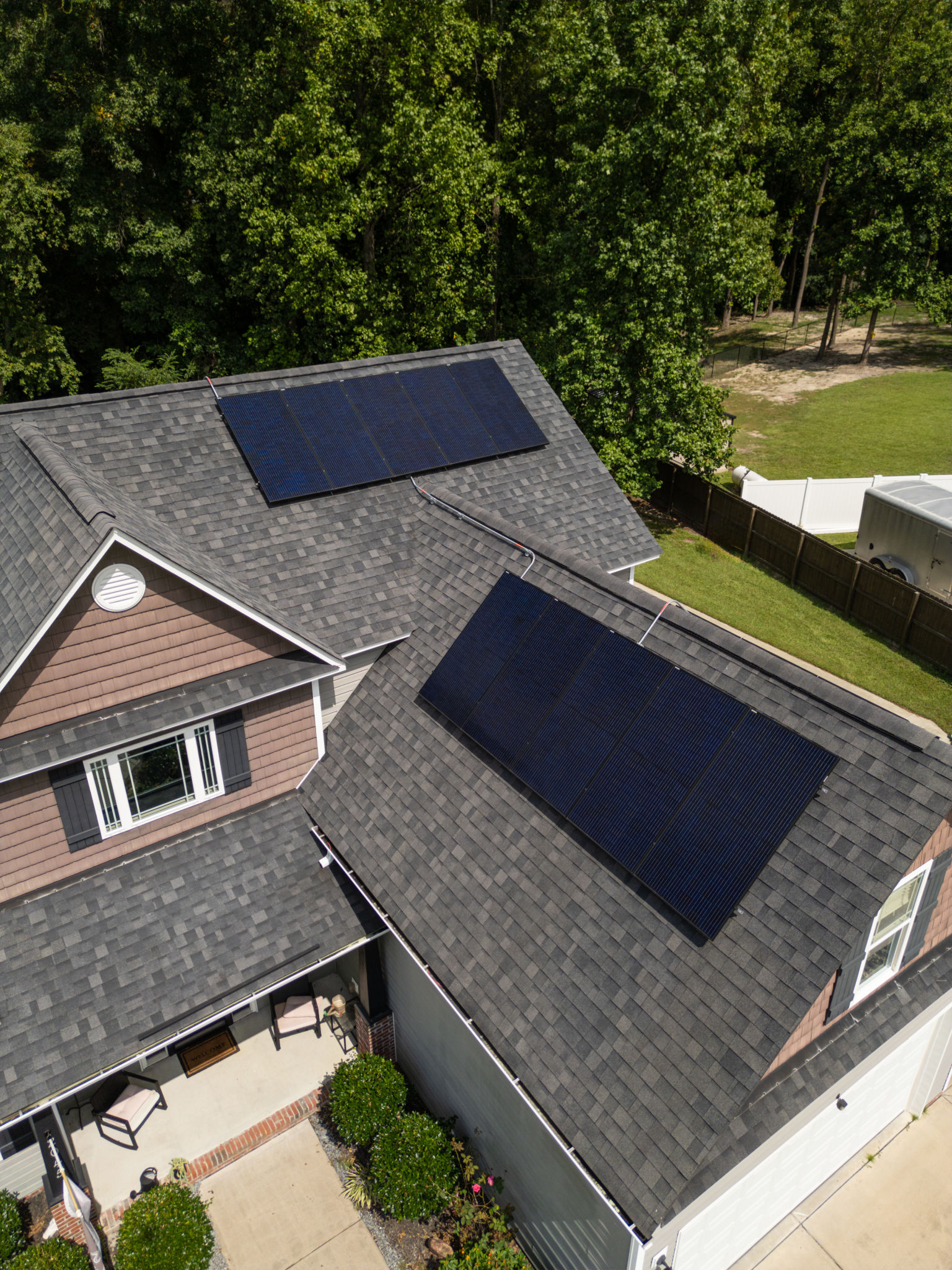Choosing the Right Solar Panel System for Your Home
Understanding Solar Panel Systems
As the demand for renewable energy sources rises, more homeowners are considering solar panel systems. These systems not only help reduce electricity bills but also contribute to a sustainable future. However, choosing the right solar panel system for your home can be daunting, given the variety of options available.
It's crucial to understand the basics of solar panel systems before making a decision. Essentially, these systems convert sunlight into electricity using photovoltaic cells. The amount of energy generated depends on factors such as the size of the panels and the amount of sunlight your location receives.

Types of Solar Panel Systems
Grid-Tied Systems
Grid-tied solar panel systems are directly connected to the local utility grid. They allow you to use solar power during the day and switch to grid electricity at night or during cloudy days. These systems are generally more affordable and offer the benefit of net metering, where you can earn credits for excess power generated.
Off-Grid Systems
Off-grid systems operate independently from the utility grid and usually require battery storage to store excess power for use when sunlight is not available. These systems are ideal for remote areas where connecting to the grid is impractical. However, they can be more expensive due to the need for batteries.

Hybrid Systems
Hybrid solar panel systems combine the best of both grid-tied and off-grid systems. They are connected to the grid and have battery storage, allowing for increased energy independence and reliability. This setup ensures that you have power even during outages.
Factors to Consider When Choosing a System
When selecting a solar panel system, there are several factors you should consider:
- Budget: Determine how much you are willing to invest in your solar panel system. Consider both upfront costs and potential long-term savings.
- Energy Needs: Assess your household’s energy consumption to choose a system that meets your needs.
- Location: Evaluate your home's location and roof orientation, as these affect the efficiency of solar panels.

Installation and Maintenance
Once you decide on a solar panel system, proper installation is key to maximizing its efficiency. Hiring a professional installer ensures that panels are placed optimally and that all components work harmoniously. Additionally, maintaining your system is essential for longevity. Regular cleaning and inspections can prevent performance issues.
In conclusion, choosing the right solar panel system involves understanding your energy needs, budget, and location. By evaluating these factors and consulting with professionals, you can make an informed decision that benefits both your wallet and the environment.